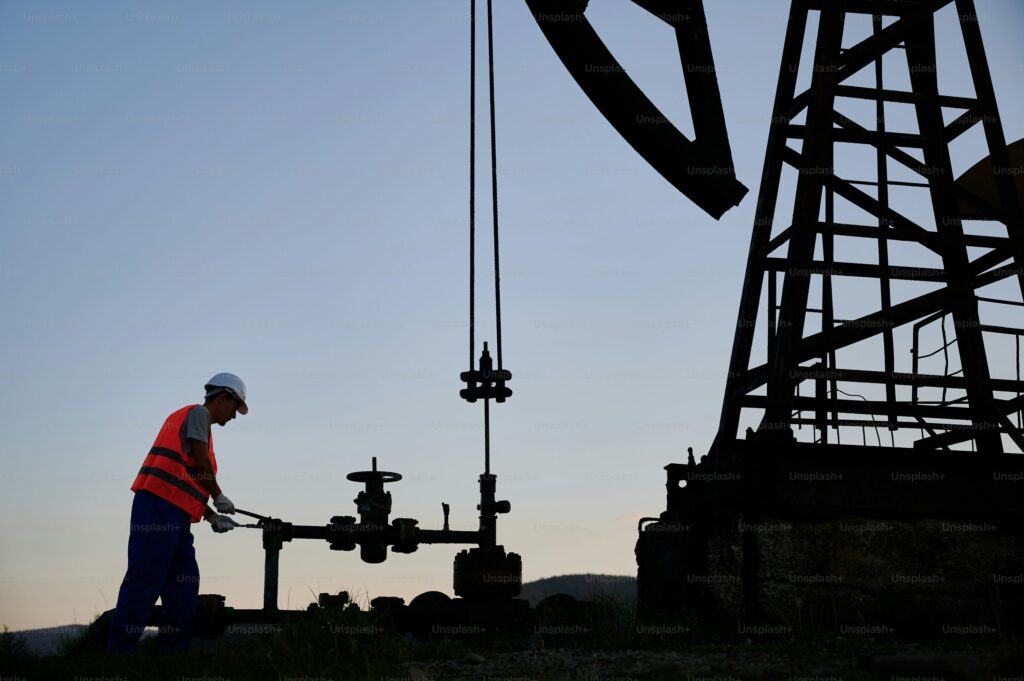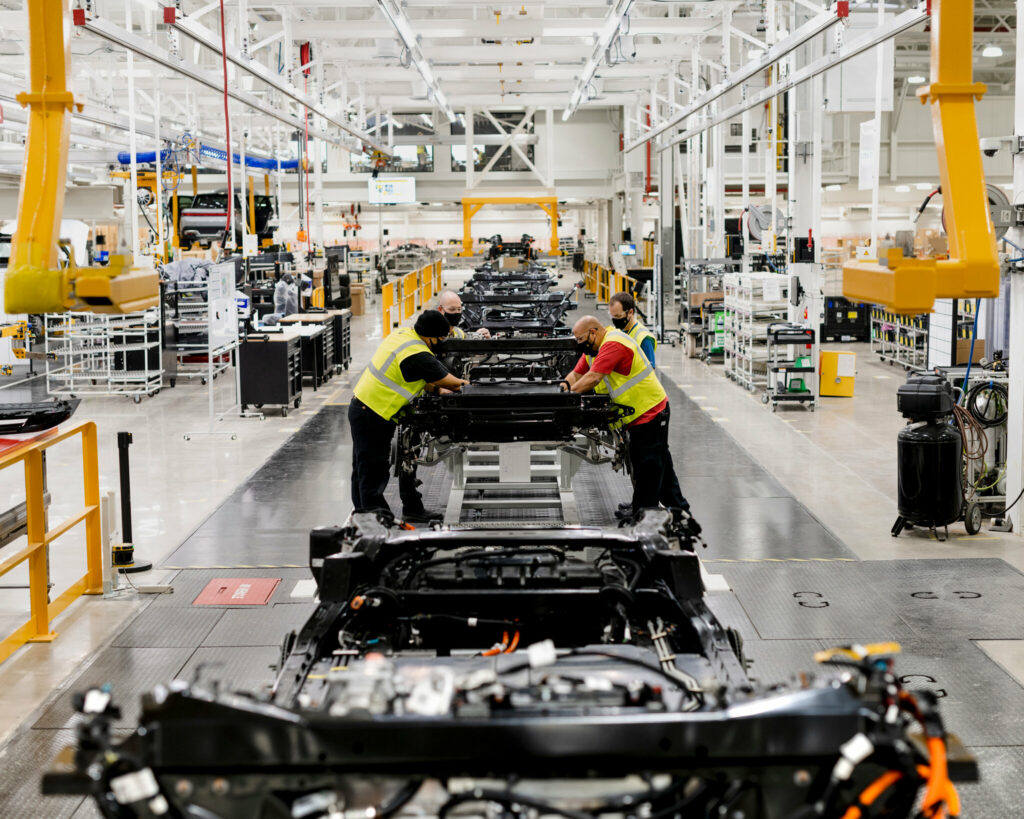The Canadian Chamber of Commerce sent a March 2 letter to Finance Minister Morneau saying “Canadian businesses understand the serious need to address climate change and we urge you to use the upcoming federal budget as an opportunity to find a balance with our economic development.” The Chamber seems not to have noticed that the government already found a balance, which in their view is the right one. Regrettably it happens to be the one in which capital investment and project development no longer happen.
After attempting to remind Morneau why businesses are important to a nation, something you wouldn’t expect a Finance Minister to forget, the Chamber wheedled “We contribute to building strong communities and to addressing social problems, including climate change. Climate change is real, and all of us, including business, have a role to play in finding a solution. For instance, we drive the innovation that is helping to reduce emissions and develop new, cleaner technologies and energy sources.”
The strategy of borrowing the alarmists’ slogans and conceding their assumptions then hoping everyone will somehow nevertheless come round to your point of view having failed so completely up to this point, you’d expect the Chamber would, oh, say, try arguing the facts for a change. Alas.
The transition to a lower-carbon future and adapting to climate change will be challenging and expensive for governments, businesses and Canadians alike. The simplest and quickest path to a greener future is a bigger and more efficient economy…. We will continue playing our part but we cannot do it alone. We need government to work with business to address climate change in a real way, while also creating the conditions for business – and all of the families and communities we support – to succeed.”
What does this famous “transition to a lower-carbon future” in which we “address climate change in a real way” look like in practice? Not the future the Chamber has in mind, but definitely the one the government has in mind. So rather than conceding their opponent’s destination then proposing implausibly that they can get us all there faster by heading in the opposite direction, how about the Chamber make a case for the direction they’d like to go?
Apparently that approach would be too risky. So instead the letter went on to ask meekly for “steps the government can take to address some of the issues most challenging to business” which turns out to be fixing the regulatory system so it was possible to build, oh, say, you know, some big project or another, invest in infrastructure, educate the workforce so companies wouldn’t have to, “Help businesses access new markets around the world and eliminate trade barriers at home. Develop a tax system that is fair, efficient and modern.” And bring in pharmacare so health benefits wouldn’t be so expensive. Not a word about adapting to bad weather or anything else climate related. Though of course if you offer a subsidy and call it green, they’ll take it and smile a greeny smile.
One industry that does claim to believe in the climate catastrophe (though you shouldn’t believe them) is the insurance industry. Which wants to… sell you more insurance against climate catastrophe. So it would really help if you believed in it, even though you shouldn’t. To which end they, along with the Federation of Canadian Municipalities put out a report that contained some pseudo-scary lines like “evidence indicates an increase in the severity of heat waves and drought, more frequent and intense rainfall events, changes in snow and ice cover, and more frequent and intense storm surges in coastal regions.” Ah yes, evidence. “For Canada and its economy, the consequences are severe.”
How severe? Well, it seems adaptation would cost about $5.3 billion a year. Which is nothing compared to the cost of climate policies aimed uselessly at preventing it. In fact considering that the FCM has long and plausibly maintained that there’s an “infrastructure deficit” in Canada, namely a maintenance, repair and replacement backlog, of well over $100 billion, it’s a rounding error.



It appears the Cdn. Chamberand municipalgovts have drunk the Koolaid, in supporting the Feds ridiculous push into "green energy", which ontario has conclusively proved, is a financial black hole, with NO redeming features.
I'm astonished the so called business leaders can be so gullible as to believe the climate alarmism screed, when all real world evidence shows it's a sham.
Who can be driving this flood of misinformation that is directly opposed to business welfare?